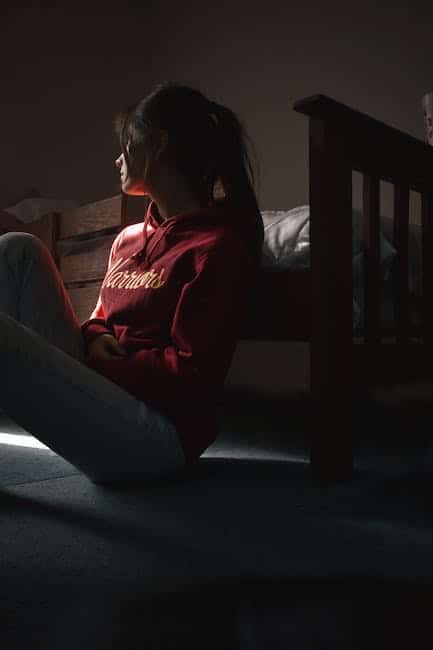Is Depression Chronic?
Is Depression Chronic?
Depression is a serious mental health condition that affects an estimated 16.2 million adults in the United States each year. Depression can be mild or severe, and it can come and go, yet many people experience chronic depression, which lasts for years. Depression is caused by a complex combination of environmental and genetic factors, and research indicates a neurobiological basis for the illness. This article will discuss the defining characteristics of chronic depression and the challenges in differentiating it from other forms of depression.
What is Chronic Depression?
Chronic depression is a form of major or clinical depression that lasts for two years or longer. Also known as dysthymia, it is characterized by an overall sense of feeling down, despondent, and sad that persists most of the day, on most days. People with chronic depression often feel hopeless and may be unable to find joy in activities they once enjoyed.
Symptoms of Chronic Depression
The symptoms of chronic depression can include:
-
- Low energy and fatigue
-
- Feeling guilty and worthless
-
- Problems concentrating and making decisions
-
- Changes in appetite, weight, and sleep
-
- Physical pains, such as headaches, stomach aches, and joint pain
-
- Restlessness, irritability, and agitation
-
- Loss of interest in activities and relationships
- Thoughts of death or suicide
These symptoms do not necessarily have to be present every day for a person to have chronic depression. It is often a more subtle form of depression, so the symptoms may come and go.
Challenges in Differentiating Chronic Depression from Other Forms of Depression
It can be difficult to differentiate chronic depression from non-chronic forms of depression. This is because chronic depression can overlap with other forms of major depression, such as major depressive disorder and persistent depressive disorder. Some of the differences between chronic and non-chronic depression include:
-
- Length of time: Non-chronic depression can last anywhere from a few days to a few months, while chronic depression lasts for two years or longer.
-
- Level of Severity: Chronic depression tends to be less intense overall than non-chronic depression.
- Treatments: Non-chronic depression often responds well to medications and psychotherapy, while chronic depression may benefit from more extensive treatments, such as lifestyle or vocational changes.
It is important to note that all forms of major depression, including chronic depression, are serious mental health conditions that require professional treatment.
Conclusion
Chronic depression is a serious but treatable form of major depression that can have a debilitating effect on a person’s life. It is important for those dealing with depression to seek professional help to accurately diagnose their condition and determine the best course of treatment. With the proper support and treatment, it is possible to stop the symptoms of chronic depression and return to a more fulfilling life.
